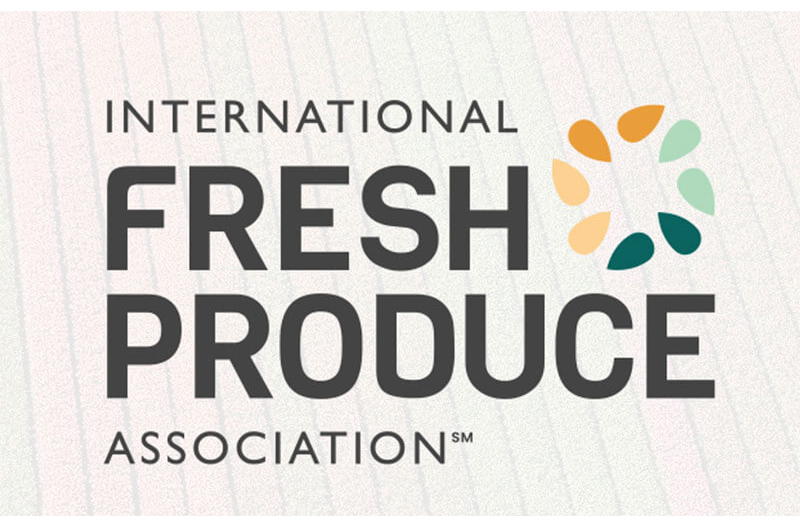Despite the remnants of the global pandemic and emergent challenges like inflation, labor and extreme climate events, IFPA CEO Cathy Burns urged Global Produce & Floral Show guests to capitalize on the moment and momentum around fresh produce and floral.
“What we do is not for the faint at heart and it’s not only for our prosperity,” Burns said “What we do is produce products that impact the health and well-being of every human on the planet. I’ve never felt more certain that time and purpose are linked to creating and leading what happens next for our industry.”
This was the first State of the Industry session IFPA delivered and these are among the key takeaways:
- From medically tailored meals to precision nutrition to produce prescriptions, fresh fruits and vegetables are poised to lead meaningful changes in global consumer health. “It’s becoming ever clearer that the solution to many of our health challenges are on the farm, not in the pharm,” Burns remarked.
- Opportunities abound through innovation in sustainability and technology to tackle big issues like climate to energy to production to food loss/waste. One Italian retailer is using electronic tags that lower a food’s price as the sell-by date gets closer, while in the U.K., retailers are ditching sell-by dates altogether.
- Food prices have continued to rise, and consumers are stretching every dollar, rand, real, peso, pound, yen and euro. According to BMO Capital Markets, inflation-adjusted GDP is expected to grow 1.6 percent in 2022 and will likely contract somewhat in the first half of 2023 due to the high interest rate environment.
- Talent retention remains a challenge as “quiet quitting” has supplanted “The Great Resignation.” Burns suggested that companies consider applying the discipline and rigor they use when measuring consumer engagement to their employees to create a “passion index.”
Burns closed the session with a call to action around changing the trajectory of human health worldwide.
“We have all seen the statistic: only one in 10 Americans consumes the recommended number of fruits and vegetables a day. Meanwhile, we are spending a trillion dollars of our national debt each year treating diet-driven diseases – diseases that can be addressed by changing what’s at the end of your fork,” she said. “More American adults are walking around metabolically sick than healthy, and it’s even worse among teenagers.”
IFPA global research found that, across the markets of Brazil, China, Germany, the U.K. and the U.S., more than 75 percent of consumers agree that fruits and vegetables are important, and a similar percentage feel they are eating enough. Yet, when asked how many fruits and vegetables they eat each day, the amount – 3.4 servings – falls well below World Health Organization’s recommendation.
“This must change. We have an opportunity and an obligation,” Burns said. “As an organization, it is our duty to champion the data, insights and messages that create lasting change in consumption so that the world knows fresh produce truly is the secret to vitality and vibrancy. IFPA is not in this to simply change the game. We are in this to change the world. And together with you – our members – we will. Because our time is now, right now. We cannot miss this moment.”
For more information, visit freshproduce.com.
To read more news from the IFPA presented by The Shelby Report, click here.

